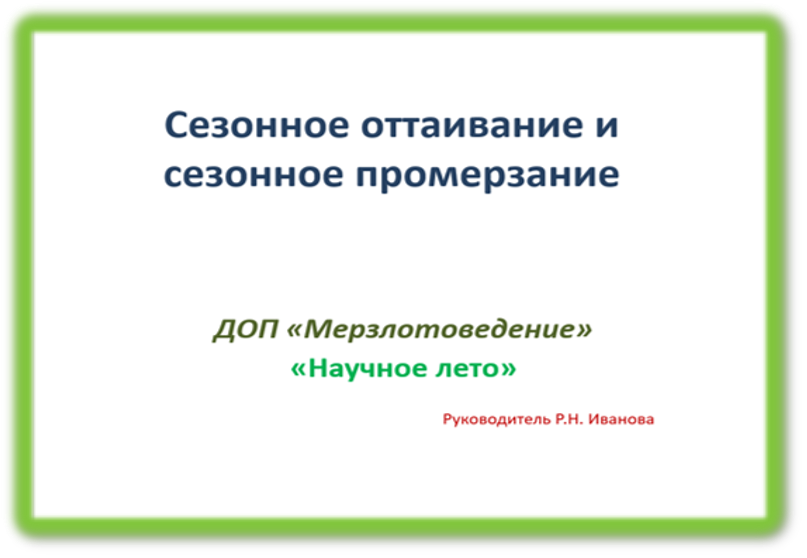Scientific adviser
Rozalia Ivanova,
senior researcher at the Laboratory of Cryogenic Landscapes Melnikov Permafrost Institute of the Siberian Branch of the Russian Academy of Science
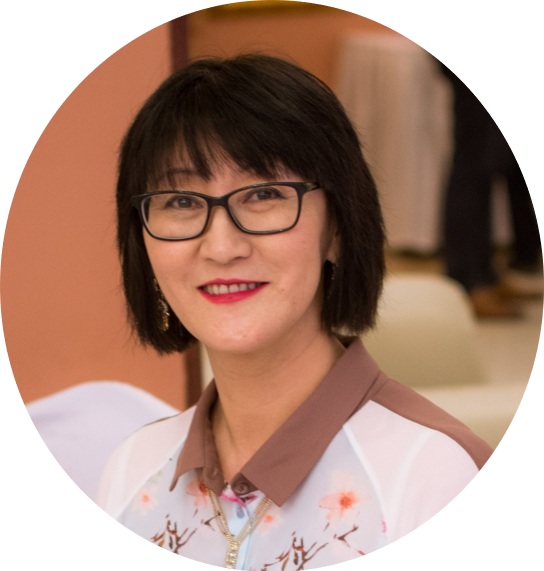
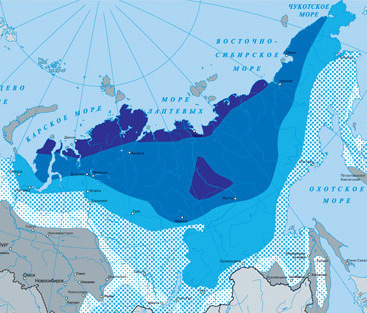
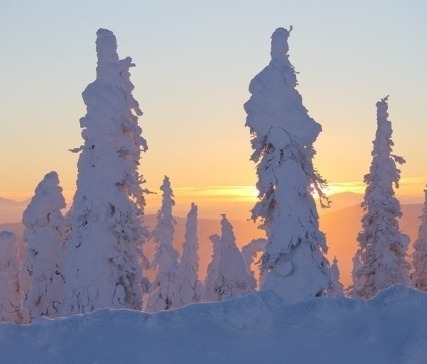
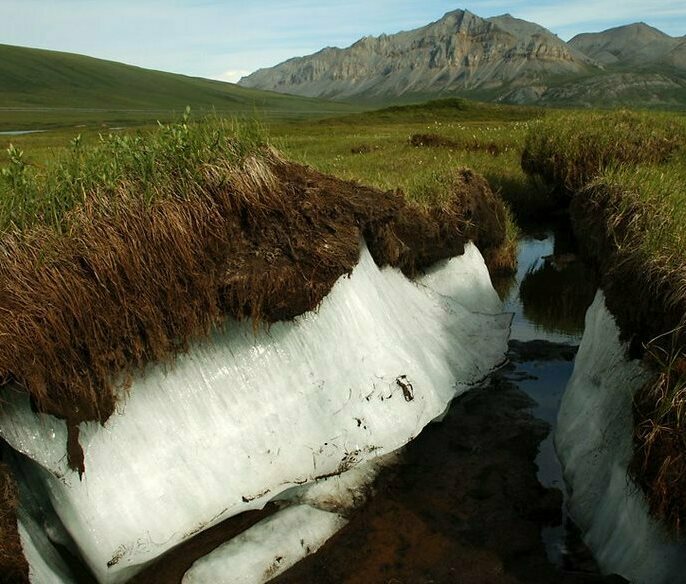
Permafrost
Permafrost is the supplementary educational program which gives elementary knowledge in Geocryology.
The cryolithozone (cryolithosphere) is one of the types of the Earth's geospheres. The cryolithozone occupies a significant territory: about 30% of the Earth surface, 65% of the area of Russia, 50% of the area of Canada, almost 95% of the area of Yakutia. Permafrost and its numerous processes and phenomena are the leading nature-forming factors, such as: exogenous relief formation, cryogenic landscape formation, soil formation, etc.
It is commonly known that the permafrost zone is fabulously rich in natural resources (mineral raw resources, water, biological resources, etc.). Permafrost areas are considered to be of great importance not only for the economic power of Russia, it is strategic reserve for mankind in the 21st century. Currently the study of the permafrost zone transformation in a changing climate and anthropogenic pressure is of greatest relevance, as well as forecasting and taking preventive actions to improve environmental and economic realities of the future.
The main goal of "Permafrost” supplementary educational program is to provide students with basic knowledge and practical skills necessary for their educational, research activities and, possibly, for choosing a future profession.
The program Objectives are:
1. awakening interest in science and research activities;
2. obtaining initial concepts, knowledge of the patterns of geographic distribution and the origin of the permafrost zone on planet Earth;
3. applying the acquired knowledge in practice.
4. approbation of the obtained data at students’scientific and practical forums.
Methodology:
Online sessions on the research theory and methods with the scientific consultant via zoom. . Practical assignments are carried out in museums, libraries or in the form of a survey of local residents (teachers, relatives, old-timers, etc.), as well as in the field during self-guided tours. On each theme of the program an overview lecture is given, then students have practice, study literature, discuss the results in groups with the superviser, and get individual assignments on data collection for the subject under study. During the study students will need: contour maps, a tape measure, a metal probe, a shovel, a device for photofixation .
To see what and when we are going to do click here
Permafrost research
Phenology in my region:
Botanical research:
Zoological research:

Please, register your research topic accordingly to the research areas. Click the link and fill in the form.
Research process stages
Table 1.
Table 2.
1. Якутия: детская энциклопедия. – Якутск: Бичик, 2015.
2. Якутский холод. – Якутск: Бичик, 2019.
3. Вечна ли вечная мерзлота? / И.А. Некрасов. – М.: Недра, 1991.
4. Шепелев В.В., Алексеева О.И., Иванова Р.Н. Вечная мерзлота в России: к истории изучения // География в школе. – 2020. - №2. – С. 3-13.
5. География. Планета Земля. Учебник: 5-6 классы / А.А. Лобжанидзе. – М.: Просвещение, 2013.
Что такое вечная мерзлота (География России)
Программа "Ученый свет". Подкаст "Изучение вечной мерзлоты" Р.Н.Иванова на радио "Говорит Москва".
If you have any questions, don't hesitate to ask them in comments below
